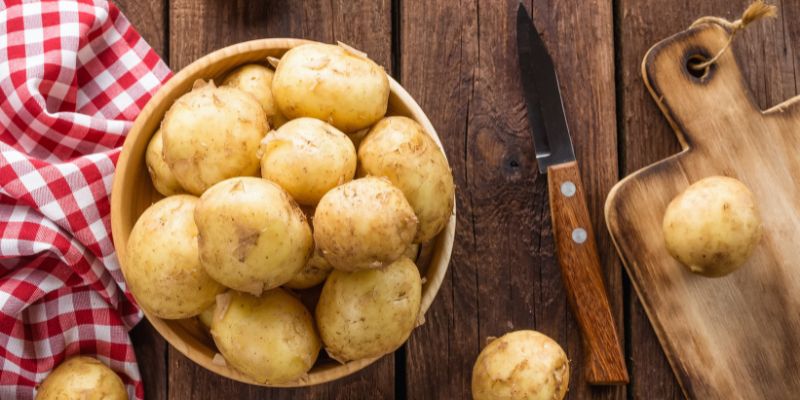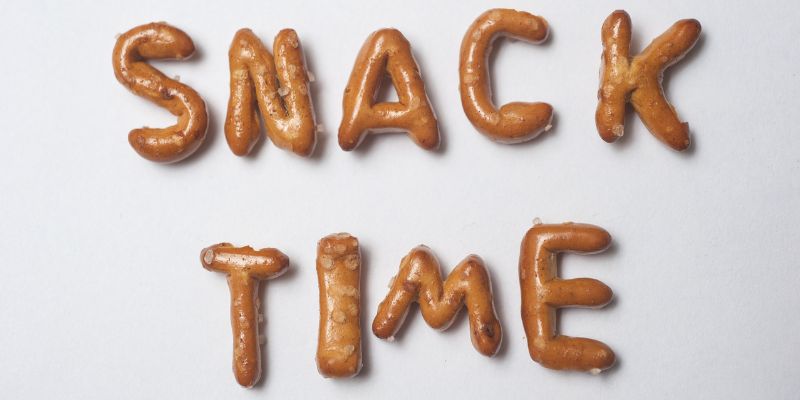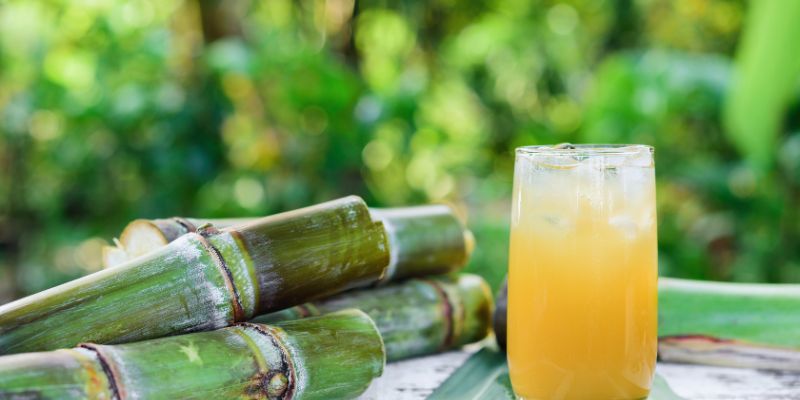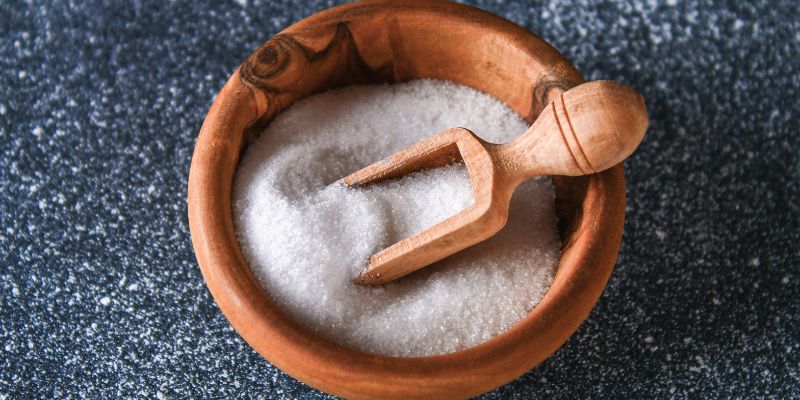Are Potatoes Good For People With Diabetes: A Complete Understanding
Many diets center on potatoes, but if you have diabetes, you might question whether they are healthy. Managing diabetes involves regulating blood sugar levels; potatoes are a carbohydrate-rich diet, so one wonders how they affect glucose. But not all carbohydrates are created equal. Hence, potatoes fit into a diabetic diet with proper planning.
Your blood sugar will be much affected by knowing the kinds of potatoes, how they are cooked, and how much portion control you practice. In this article, we will discuss whether you can eat potatoes if you have diabetes, the best ways to enjoy them, and what to be alert of.

Understanding Potatoes and Carbohydrates
High in carbs, potatoes turn down into glucose, therefore increasing blood sugar levels. A vital source of energy, carbohydrates must be balanced for those with diabetes to avoid blood sugar increases. High glycemic index (GI) potatoes suggest they can quickly raise blood glucose levels. Not all potatoes, meantime, are made equal.
Sweet potatoes, for instance, have a lower GI than white or russet potatoes, affecting blood sugar levels more slowly. One also should take cooking technique and portion amount into account. Generally, boiled or baked potatoes have a smaller glycemic impact than fried or mashed potatoes. Including potatoes in a balanced dinner with protein, good fats, and fiber will assist in lessening their blood sugar impact.
Types of Potatoes and Their Impact on Blood Sugar
Various forms of potatoes impact blood sugar in different ways. Russet potatoes, commonly used for French fries, have a high glycemic index, so they can rapidly boost blood sugar levels. Conversely, sweet potatoes have a lower GI they elevate blood sugar more slowly, even if they are naturally sweet. Also with a modest glycemic index are red and fresh potatoes.
It is crucial to know the type of potatoes you consume and how they fit into your whole diet. Portion control is essential. Hence, combining potatoes with foods high in fiber, including vegetables or protein sources, might help avoid blood sugar surges. Cooking potatoes also counts greatly. Boiled potatoes are a better choice for controlling diabetes, as their GI is lower than fried or roasted forms.
Best Ways to Eat Potatoes if You Have Diabetes
If you have diabetes, you are not obliged to eliminate potatoes from your diet. Rather, pay more attention to how you prepare and divide themsubstitute boiling, steaming, or baking for fried cooking techniques. Choose fewer amounts to make a balanced dinner and experiment with combining potatoes with non-starchy vegetables.
Including protein like grilled chicken or fish and healthy fats like olive oil will assist in slowing down the absorption of glucose, thereby helping to reduce increases in blood sugar. Given their reduced glycemic index, sweet potatoes are sometimes a better choice. Try other types of potatoes as well; red or baby potatoes have a smaller effect on blood sugar. Including potatoes in a diet fit for diabetes calls for moderation and balance.

Portion Size Affects Blood Sugar
Managing diabetes depends on portion control, particularly regarding meals high in carbohydrates like potatoes. Even if cooked healthily, large potatoes can cause blood sugar surges. Usually around one-half cup or a small potato, one serving of potatoes has roughly 15 grams of carbs.
Staying to a reasonable portion will allow you to enjoy potatoes without appreciably raising or lowering your blood sugar levels. Eating potatoes as part of a balanced meal, including proteins, lipids, and other low-glycemic items, also helps. Together, this mix can slow down glucose release into the bloodstream for Better blood sugar control results from tracking your carbohydrate intake over the day, including from potatoes.
Are Sweet Potatoes Better for People With Diabetes?
Because their glycemic index is lower than that of ordinary white potatoes, sweet potatoes are sometimes considered healthier for diabetics. They are thus a better option since they produce a slower, more steady rise in blood sugar. Rich in fiber, minerals, and antioxidants, sweet potatoes also have extra health advantages. For those with diabetes, fiber improves digestion and helps regulate blood sugar.
Sweet potatoes are best baked or steam-cooked to keep their low GI. Steer clear of fried foods and avoid adding too much butter or sugar to raise their calorie count and change blood sugar. Along with other low-glycemic meals, including sweet potatoes in moderation can offer diversity and help to control blood sugar levels better.
Potatoes and Balanced Meals for Diabetics
A diabetic's diet should include potatoes only in moderation. Although potatoes alone might raise blood sugar levels, combining them with other foods can help moderate this effect. For example, combining lean proteins like chicken, fish, or tofu with potatoes reduces glucose absorption. Adding non-starchy veggies like spinach, broccoli, or peppers supplies fiber, which helps control blood sugar levels even further.
You may also include good fats like olive oil or avocado for a balanced dinner. Steer clear of mixing potatoes with other high-carb or sugary foods since this could cause quick blood sugar increases. Those with diabetes must plan their meals. Hence potatoes can be a part of a nutritious dinner if combined with the correct items.
The Importance of Cooking Methods
The cooking method used largely influences Potato's impact on blood sugar. Potatoes' glycemic index is kept lower in healthier techniques such as boiling, baking or steaming than in fried or roasted potatoes. Less suited for those with diabetes are fried potatoes, which have a far higher glycemic index and are frequently fried with harmful fats than French fries or hash browns.
When cooled, boiled potatoes provide resistant starch that can slow digestion and favorably affect blood sugar levels. Cooking potatoes with their skins on also preserves more fiber, which can assist with blood sugar regulation. Mindful cooking of your potatoes can help you to enjoy them without compromising your blood sugar level.
Conclusion:
Can you eat potatoes? Sure, but with deliberate decisions. To reduce blood sugar, choose lower-glycemic varieties, such as sweet potatoes, use portion control, and combine them with meals high in proteins and fiber. Cooking techniques, such as baking or boiling, are better than frying. Although potatoes are high in carbohydrates, they can nonetheless fit a well-balanced diabetic diet. Always monitor your blood sugar levels and see a healthcare professional to design a diet plan for your particular requirements.












